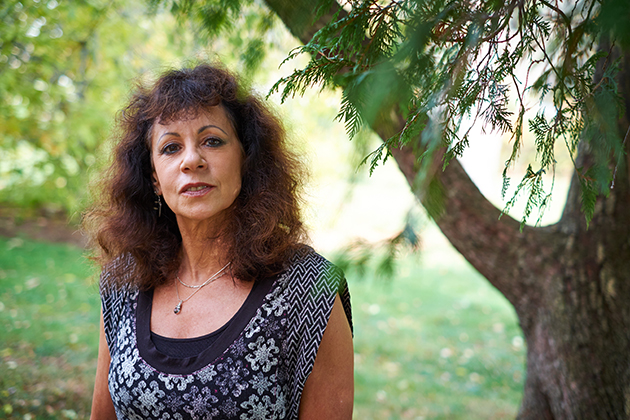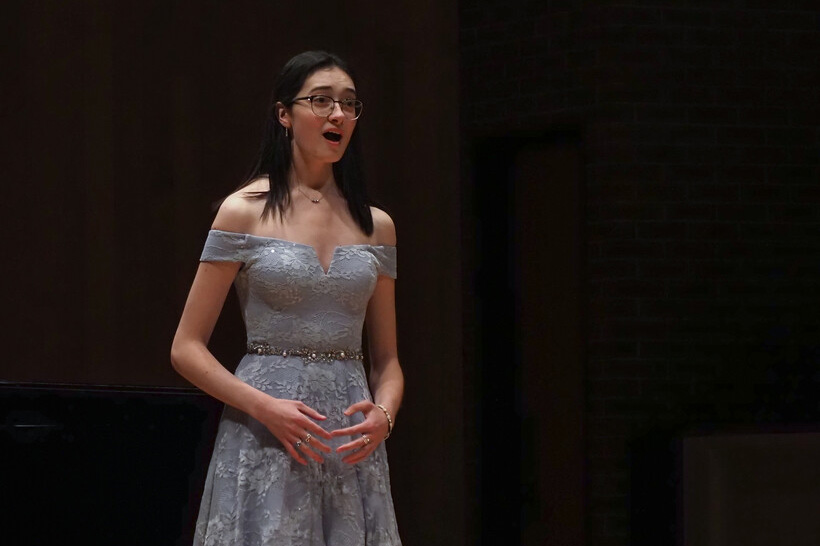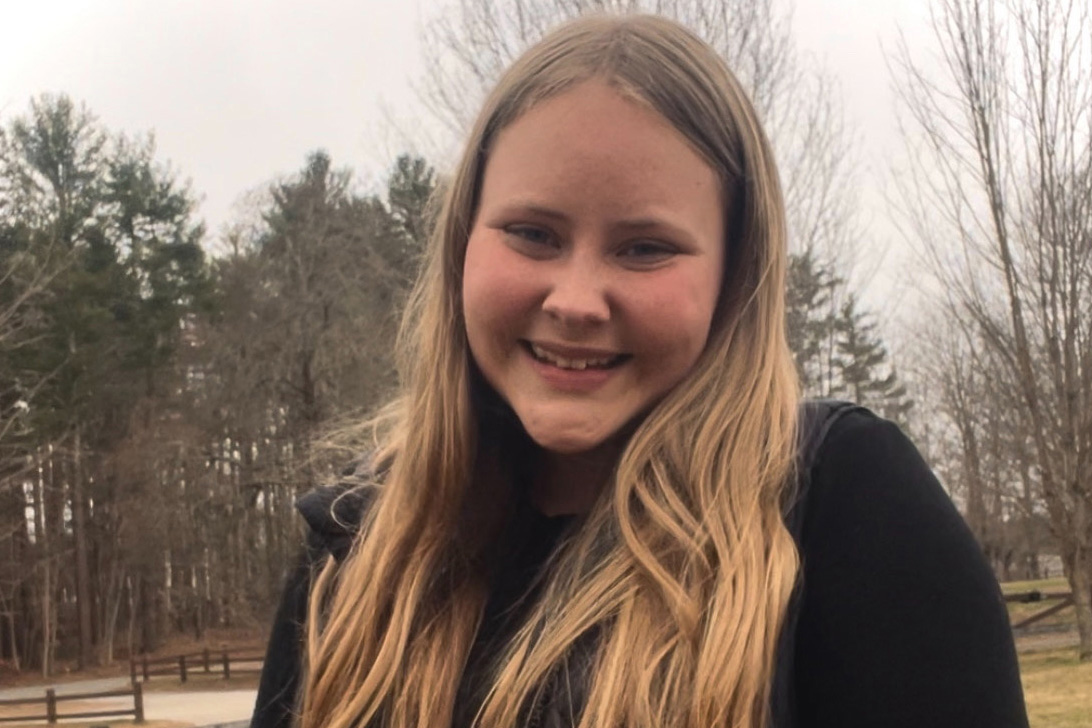
After writing her well-received book Speaking My Mind: Expression and Self-Knowledge (Oxford University Press) a decade ago, in which she articulated an account of avowals – ordinary utterances such as “I am feeling very tired” – and how they are accepted as being true without challenge, philosopher Dorit Bar-On decided to return to examining fundamental issues of language.
“[Writing the book] took me back to issues about language, specifically how we use language in ways that philosophers don’t always pay attention to,” says Bar-On, who arrived in Storrs last year as professor of philosophy in the College of Liberal Arts and Sciences from the University of North Carolina-Chapel Hill. “I started thinking about what is special about the way language is used to express ourselves and express our states of mind.”
Bar-On says her thinking on the subject extended her work on self-knowledge and truth and led her to establish in 2010 a collaborative research group – Expression, Communication, and the Origins of Meaning (ECOM).
One of the goals for ECOM at UConn is to establish what Bar-On describes as the humanities version of a scientific laboratory, with collaborative work among a variety of scholars.
“The idea is to work on a large scale project that is divided into smaller projects, so that people with different strengths can work on it piecemeal and collaboratively, which is what goes on in science,” she says. “You create a forum where people can come together once a week or once every two weeks to share the results of their individual and collaborative efforts, much like scientists do.”
A representative of this type of endeavor was ECOM’s first speaker, early last fall: Philippe Schlenker of the Institut Jean-Nicod, Ecole Normale Supérieure in Paris and a distinguished visiting professor at New York University, was in Storrs to meet with faculty and students in the Department of Linguistics. Schlenker is a philosopher and a linguist, with a new research interest in animal communication, which culminated in a recent article he co-authored with several linguists and animal researchers in linguistics and philosophy.
Bar-On says that UConn, with its “culture of interdisciplinary discourse and communication” provides an environment that fits well with her collaborative interests.
A prolific author of articles in refereed journals and book chapters and in demand as a presenter at conferences and universities around the world, Bar-On is pursuing several projects in her core area of interest in expression, while also continuing work on several collaborative projects in the areas of language and communication, self-knowledge, and metaethics.
Among her other projects is a collaboration with the British philosopher Crispin Wright of New York University for the prestigious “Great Debates in Philosophy” series published by John Wiley & Sons, and a book on the concept of truth, “If Truth Be Told: On Deflationism and Substantivism about Truth,” co-authored with Keith Simmons, professor of philosophy at UConn, who is among several faculty in the Department of Philosophy – JC Beall, Michael P. Lynch, and David Ripley among them – with an interest in the subject. This spring, Bar-On and Simmons are team-teaching a seminar based on the book manuscript.
Recently, Bar-On won a fellowship at the renowned Wissenschaftskolleg (Institute for Advanced Studies) in Berlin, Germany, where she will be spending the academic year 2015-16 writing a book on origins of meaning. The Wissenschaftskolleg zu Berlin was founded in 1981 for the purpose of offering scholars and scientists the opportunity to concentrate on projects of their own choice for one academic year, drawing from a wide range of cultural backgrounds.



